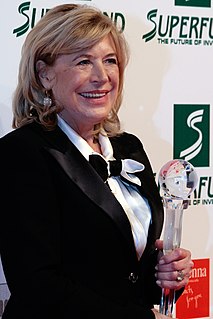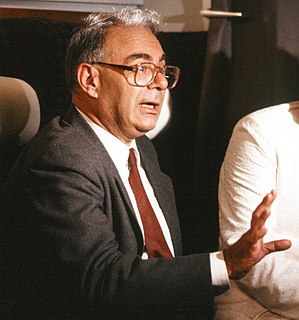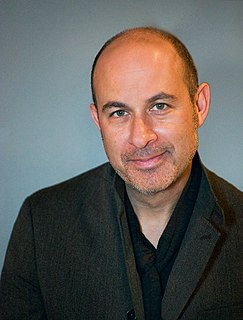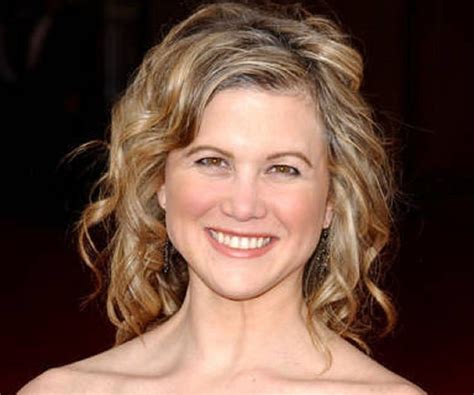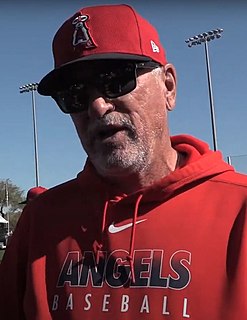A Quote by Marianne Faithfull
I was anorexic in the 60s and 70s, although it wasn't called anorexia then. I thought people would be nicer to me if I looked very small and delicate, so food wasn't high on my agenda. But it is now.
Related Quotes
I think anorexia is a metaphor. It is a young woman's statement that she will become what the culture asks of its women, which is that they be thin and nonthreatening. Anorexia signifies that a young woman is so delicate that, like the women of China with their tiny broken feet, she needs a man to shelter and protect her from a world she cannot handle. Anorexic women signal with their bodies "I will take up only a small amount of space. I won't get in the way." They signal "I won't be intimidating or threatening." (Who is afraid of a seventy-pound adult?)
In the first batch of readers, back in the '60s and '70s, the criminal class was still literate, so I would get letters from people in prison; they thought that I was somebody whom they could shop-talk with, and they would tell me very funny stories. I got a lot of those. Guys who were going to wind up doing 10 to 15 for bank robbery, yes, were reading my books.
When I began writing poems, it was in the late 60s and early 70s when the literary and cultural atmosphere was very much affected by what was going on in the world, which was, in succession, the civil rights movement, the antiwar movement, and the women's movement in the 60s, 70s, and into the early 80s. And all of those things affected me and affected my thinking, particularly the Vietnam War.
I was a child of the '60s basically, which is a real blank. I really started growing up, I think, in the '70s. I'm a glam-rock kid. But Dublin, Ireland in those days was a very dark place, as in it was a very poor, almost third world. Economically, the whole world is going through a recession at the moment. In the '60s, '70s, and the '80s in Ireland was a real recession. It wasn't a pleasant place.
I worked very hard to try and figure out what I thought and I believed that we were going to succeed and that revolutions would happen globally and we would be a part of that and we would have then not capitalism. We would have values based on human lives, not profit. We would actually transform the kinds of ways people built love and built community. It was a very shocking thing to me, out of the end of the 70s and the beginning of the 80s, to realize that that dream - while I still believed in it - was not going to happen in the way that I had hoped.
